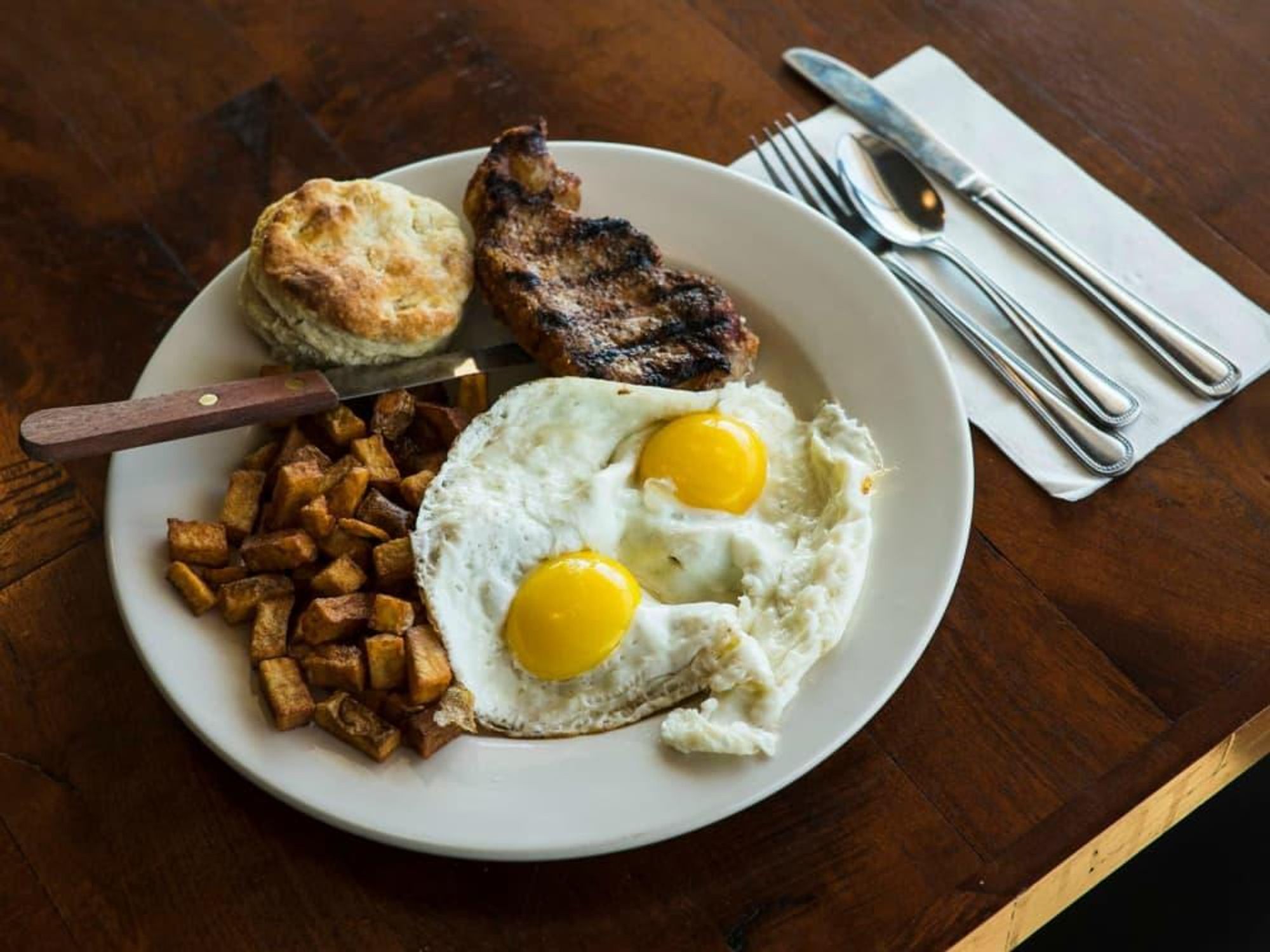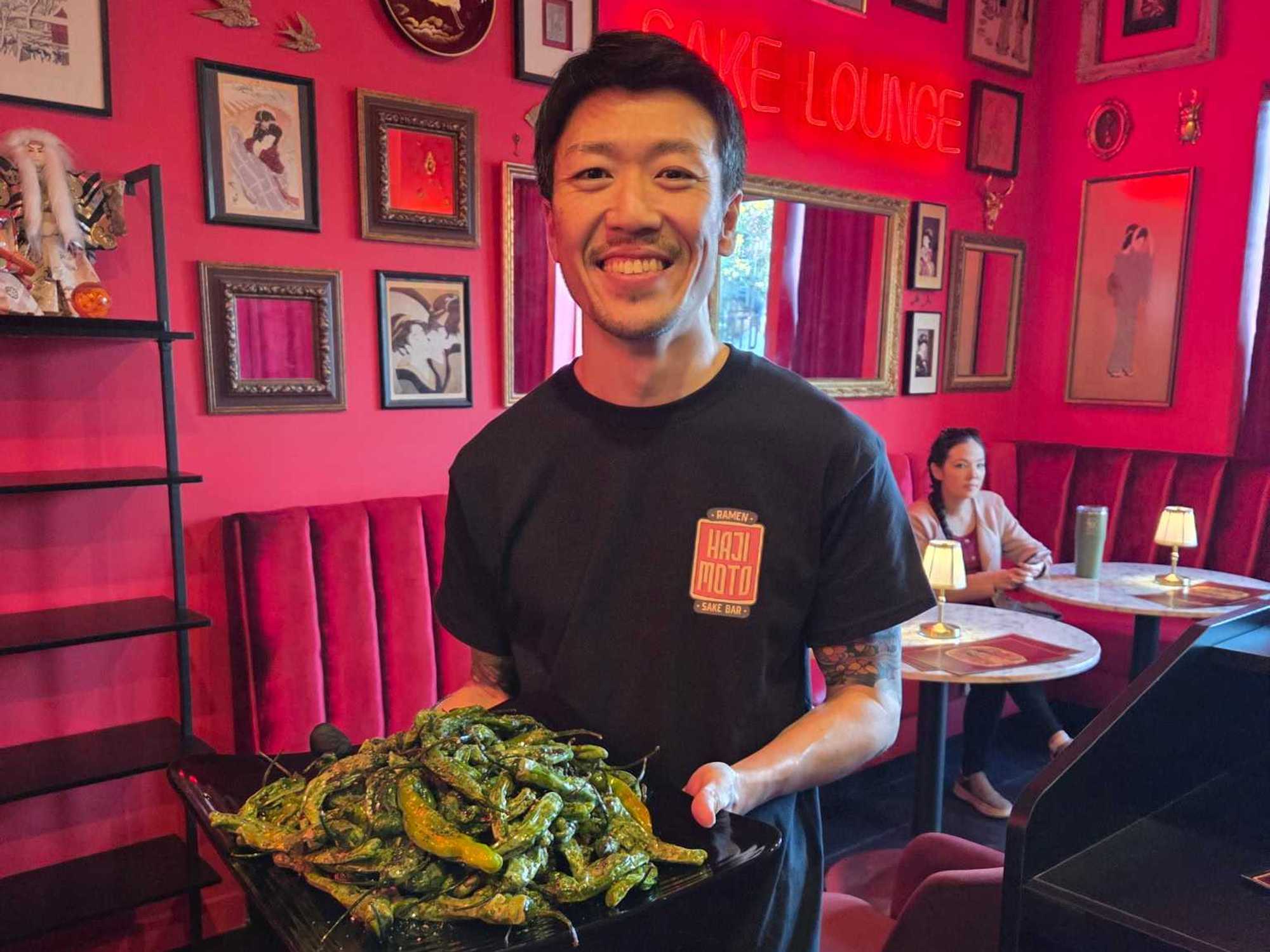Best food cities
Austin nabs top 10 spot on this list of best foodie cities in America

What makes a great foodie city? Hint: It’s not a proliferation of fancy restaurants, nor is it the number of times Food Network has blown through town. According to a WalletHub study naming 2017’s best foodie cities in America, it’s a mix of accessibility, affordability, and quality.
The study compared 24 sets of data for 182 American cities to determine the rankings, taking a holistic approach in defining “foodie.” To the authors, a foodie isn’t just interested in trying out the hottest restaurants, but is also keenly interested in learning more about the food he or she consumes — in other words, someone whose food obsession is a lot more comprehensive than a fandom for Chopped.
To capture that dynamic, the authors looked at some unexpected data. The affordability of meals — from grocery and restaurant meal costs to taxes — weighed into the final score, as did the ratio of full-service restaurants to fast-food joints and the number of restaurants and various specialty food businesses per capita. Although cities traditionally known for their culinary scenes, such as San Francisco (the top spot), New York, and Los Angeles, ranked predictably high on the list, three Texas cities made it to the top 25.
Austin fared best in the study, coming in at seventh place. The Capital City scored high on several metrics, including average beer and wine price (36th in the nation), gourmet specialty food stores per capita (27th), and restaurants per capita (20th). Austin was especially notable for being first in affordability and accessibility of highly rated restaurants, defined by the study as restaurants that average 4.5 stars or above on ratings sites.
Houston came in next at No. 16, scoring high on grocery stores and food trucks per capita, as well as placing 15th on overall restaurants per capita — the highest restaurant density of any Texas city.
Affordability played a big role in shooting San Antonio to the top of the list. The 25th best foodie city in the U.S. had the second lowest average cost for a restaurant meal and the lowest cost of groceries in the nation (Laredo, Corpus Christi, and Brownsville were also in the top five).
Other Texas cities showed a little more poorly. Only Dallas (36), Fort Worth (66), and El Paso (87) cracked the top 100. Garland (150) and Grand Prairie (169) were in the bottom rung.

 Shishitos are a great bar snack.Photo courtesy of Haji Moto
Shishitos are a great bar snack.Photo courtesy of Haji Moto Iwai and Thomspon in Japan.Photo courtesy of Haji Moto
Iwai and Thomspon in Japan.Photo courtesy of Haji Moto